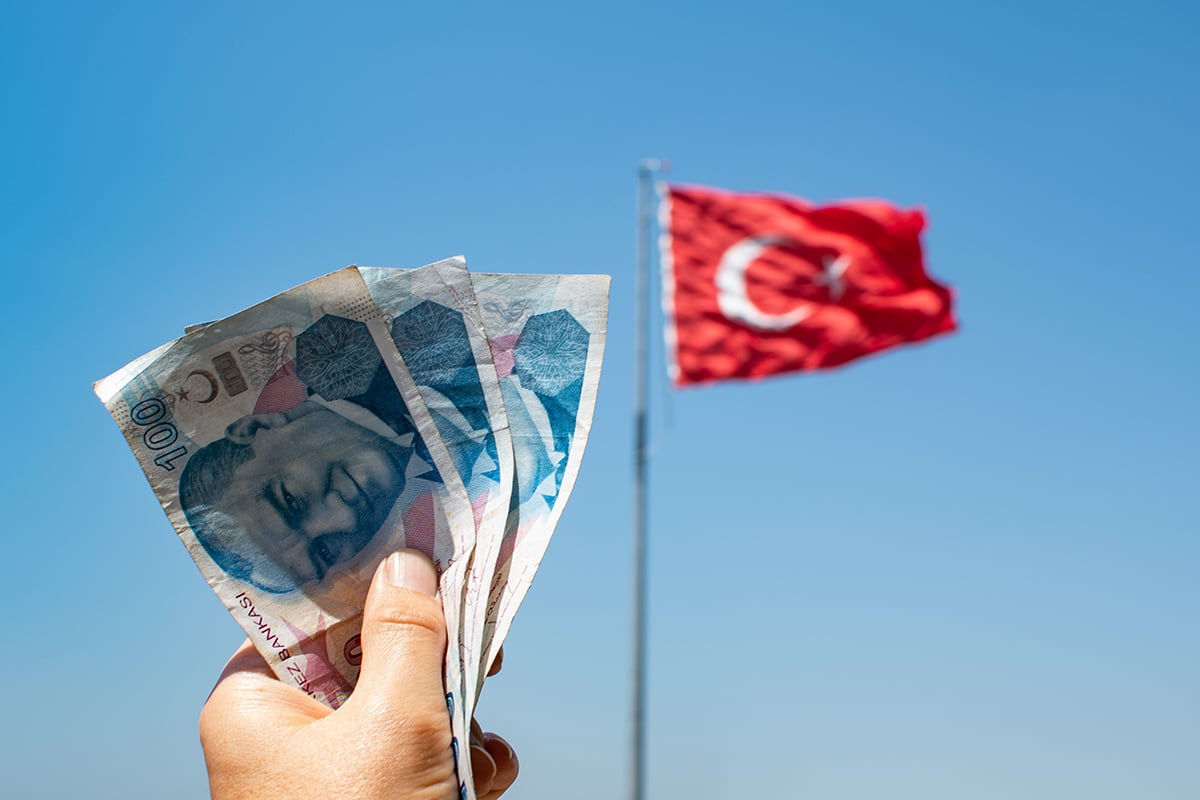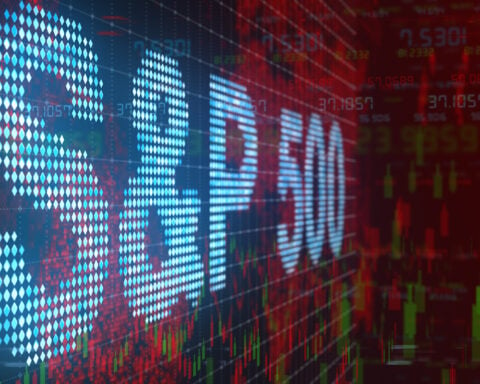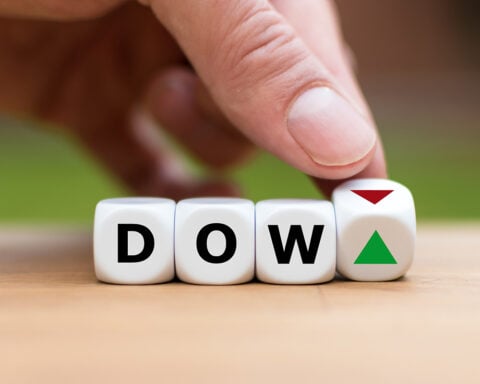The Turkish lira has witnessed a significant decline, plunging 7% to a record low in its largest daily selloff since the historic crash of 2021.
The financial markets experienced turmoil as Turkey’s newly elected government suggested relaxing measures aimed at stabilizing the currency and shifting towards more conventional policies.
As President Tayyip Erdogan embarked on his re-election campaign, the lira came under increasing pressure, hitting an all-time low of 23.16 against the US dollar on Wednesday. Year-to-date losses for the currency now exceed 19%.
Rationalizing Economic Policies
In an effort to assuage investor concerns, President Erdogan announced his new cabinet, including the appointment of Mehmet Simsek as the finance minister. Simsek, a former deputy prime minister and well-regarded by foreign investors, emphasized the necessity of returning economic policy to a “rational” ground. This appointment and his subsequent remarks have had a noticeable impact on market sentiment, signaling a push for more conventional economic policies.
Awaiting Central Bank Leadership
Investors eagerly await the appointment of a new central bank governor to replace Sahap Kavcioglu, who spearheaded interest rate cuts under Erdogan’s unorthodox policies. The choice of a new governor will be crucial in shaping market expectations and determining the direction of monetary policy. Recent reports suggest that Hafize Gaye Erkan, a senior finance executive in the United States, is being considered for the position. However, given Erdogan’s history of frequent policy shifts and leadership changes within the central bank, market watchers remain cautious about the sustainability of any policy shifts.
Gradual Depreciation and Improved Market Conditions
Turkish authorities had actively intervened in foreign exchange markets earlier this year, using billions of dollars in reserves to stabilize the lira. However, it is now believed that a gradual depreciation of the currency will lead to improved market conditions and halt the decline in central bank reserves. Bankers and analysts suggest that the lira is nearing a level that will no longer require defense with reserves, allowing it to find a sustainable position. While this gradual depreciation may lead to short-term losses, it is viewed as a necessary step toward market normalization.
A Return to Orthodoxy Amid Inflation Concerns
Under pressure from President Erdogan, who has been vocal about his opposition to high interest rates, the central bank drastically cut its benchmark rate from 19% to 8.5% in 2021 to stimulate economic growth and investment. However, this move triggered a record lira crisis and pushed inflation to a 24-year high above 85%. The return of Mehmet Simsek as finance minister suggests a departure from these unorthodox rate cuts, despite the persistently high inflation levels. Simsek’s appointment is seen as a positive sign by investors, as he is known for his more pragmatic and market-friendly approach.
Caution Amid Hopes for Foreign Investor Return
Turkish authorities are hopeful that the shift towards more mainstream policies will attract foreign investors who have been wary due to years of economic volatility. However, market watchers remain cautious, recalling Erdogan’s past reversals on conventional policies shortly after adopting them. Experts warn that stabilizing Turkey’s economy and achieving sustainable growth will likely be a turbulent process that may involve significant devaluation of the lira. A true return to orthodoxy would involve allowing the currency to find a sustainable level without intervention and abandoning the de facto capital controls currently in place.
As Turkey’s new government sets its sights on more rational economic policies, the Turkish lira’s decline has attracted both optimism and caution from market participants. With Mehmet Simsek at the helm of the finance ministry and the impending appointment of a new central bank governor, all eyes are on Turkey’s economic trajectory as it seeks to restore stability, regain investor confidence, and navigate the challenges ahead.







